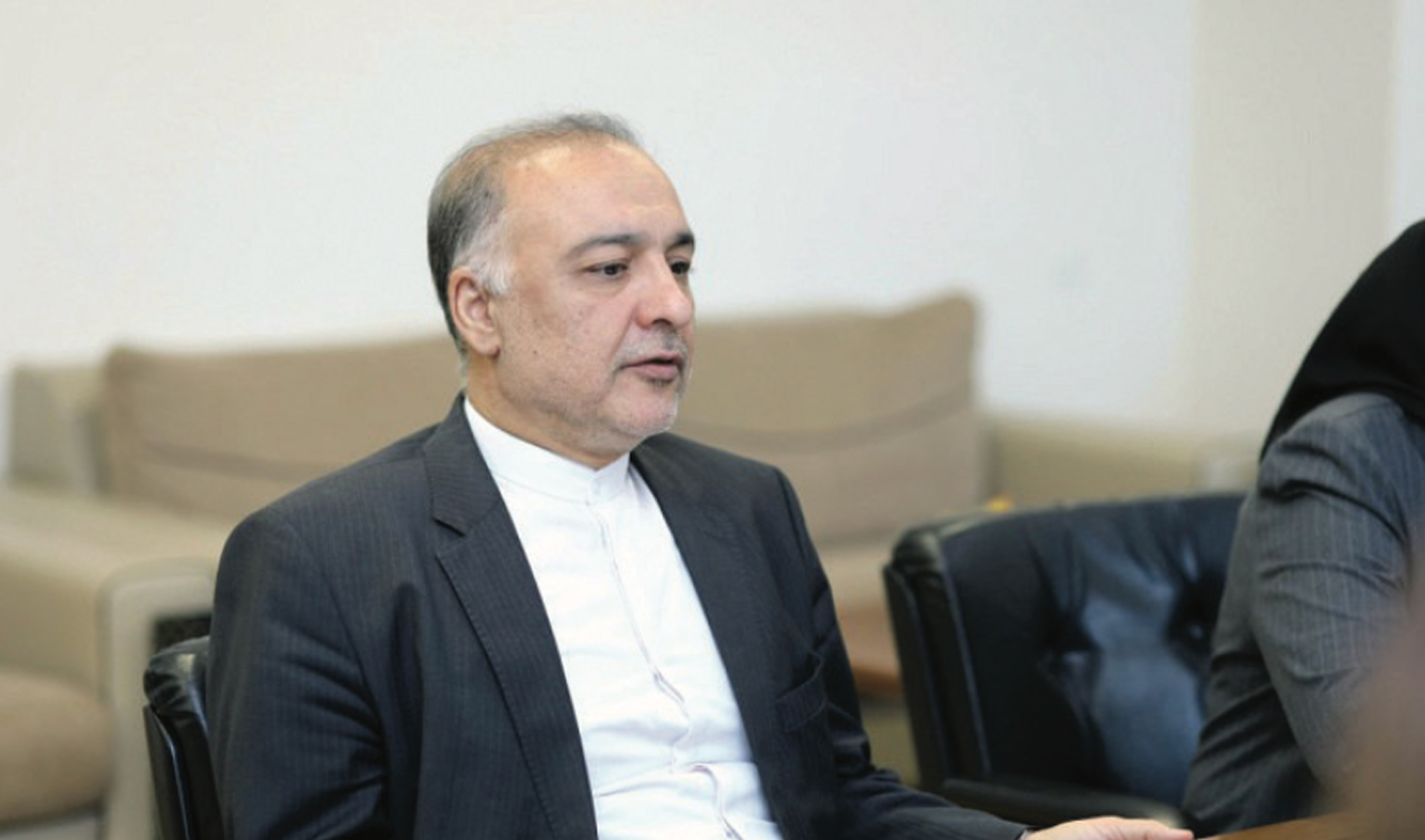YEREVAN — Iran’s Ambassador to Armenia, Mehdi Sobhani, who is concluding his diplomatic mission in Yerevan, commented on the document signed between Armenia and Azerbaijan in Washington on August 8; in an interview with ISCA News, the ambassador noted that Iran’s five desired principles—respect for sovereignty, respect for territorial integrity, authority, reciprocity, and the inviolability of borders—were included in the agreement signed between Yerevan and Baku; according to the ambassador, many experts and members of the public in Iran have expressed concern that the creation of a so-called “corridor” could limit Iran’s direct access to Armenia and the South Caucasus, which is of great strategic and economic importance to the country; furthermore, the growing presence and influence of the United States near Iran’s borders presents yet another threat to Iran’s interests and national security, he said; Sobhani also spoke about the results of Iranian President Masoud Pezeshkian’s recent visit to Armenia: “Given the escalation of regional developments, the president’s visit took place at exactly the right time; it demonstrated that the Caucasus has special significance for the Islamic Republic of Iran, and that our country is extremely sensitive when it comes to its ‘red lines’”; he emphasized that Iran seeks to continue strengthening relations with Armenia, and that both Tehran and Yerevan, with full mutual understanding, are committed to maintaining good and constructive ties; during the visit, Iran’s president held very productive talks with Armenia’s prime minister; although the meeting was initially scheduled for thirty minutes, it lasted for more than two hours; the ambassador stated that the two sides agreed to deepen cooperation at all levels and to maintain mutual understanding between the two countries; a total of 12 cooperation agreements were signed; according to Sobhani, neither the peace agreement document nor the Washington declaration signed between the two countries contains any reference to a “corridor”; the only subject discussed was the opening of transport links that would allow Azerbaijan access to Nakhichevan, while in return Armenia would be connected by rail to Julfa in Iran; the Iranian diplomat stressed that Iran’s interests have been fully taken into account in all subsequent discussions and that there is “no cause for concern”; “Armenia and the United States reached only a verbal agreement—not a written one—on establishing an Armenian-American joint venture in Armenia and designating an investor to implement the project; this will fall entirely within the framework of Armenia’s national sovereignty and authority, and it will be regulated by Armenia’s security oversight, passport control, and customs procedures; according to the agreement, it will be a form of oversight, not ownership of the route,” Sobhani explained; he offered an example: Yerevan’s airport belongs to the Armenian government, and all passport control, customs procedures, and security checks are carried out by the government, while management of the airport is entrusted to an investment company; therefore, references to a “99-year lease” for the transit route are misleading; once again, the Iranian diplomat reassured that during President Pezeshkian’s visit, the Armenian government confirmed that it would not take any steps contradicting the interests of the Islamic Republic of Iran or harming relations between the two countries; he emphasized that the shared border with Iran has special importance and will not, under any circumstances, be undermined.

